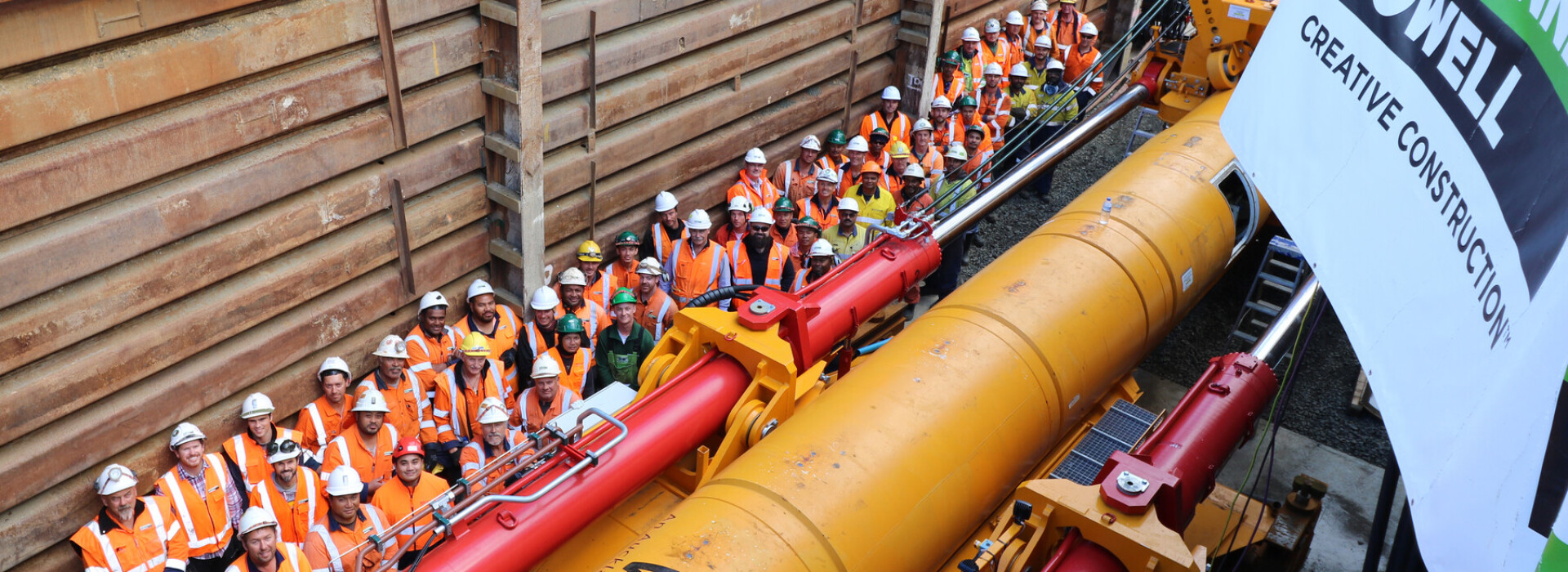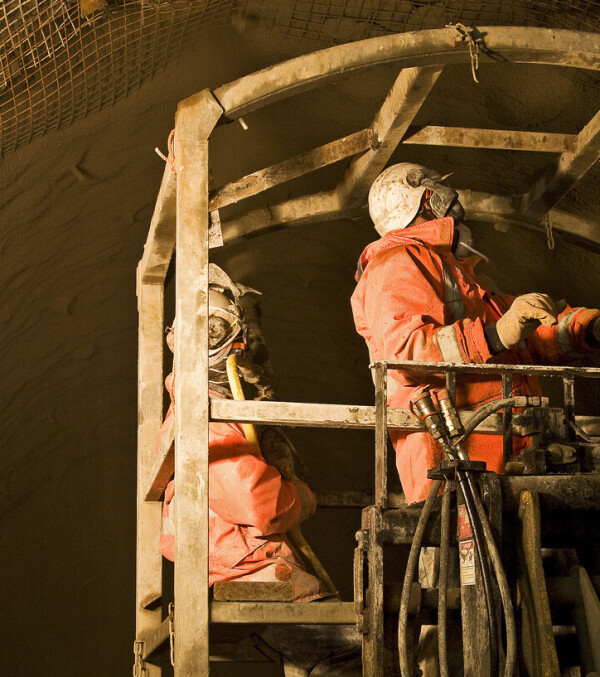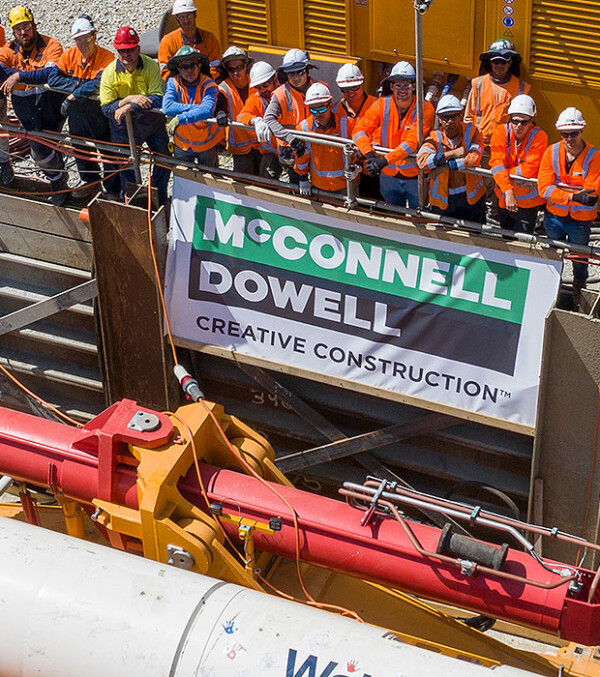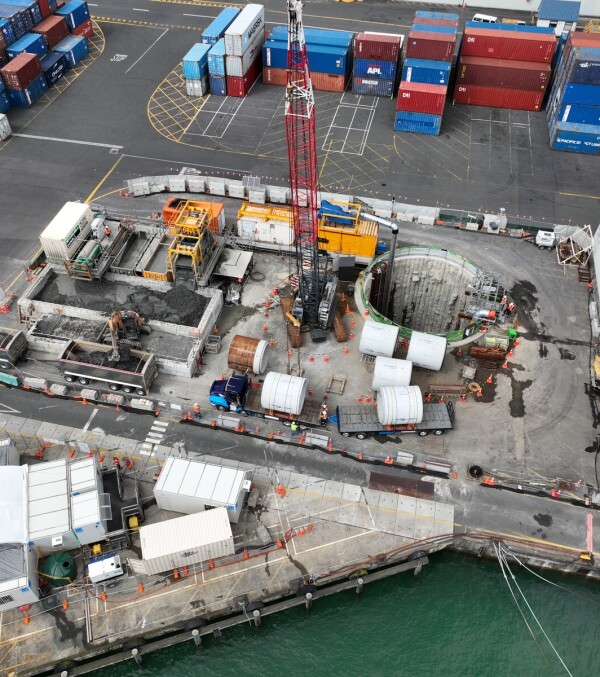|
Customer: Watercare Services Ltd Contract Type: Design and Construct Location: Army Bay, Auckland, New Zealand |
Fast Facts
|
Using state-of-the-art Direct Pipe® tunnelling technology for the first time in New Zealand helped us mitigate the significant risks we faced on Watercare's Army Bay Ocean Outfall project.
They engaged us to design and construct a new wastewater outfall, upgrade an existing pump station, and build a new ultraviolet disinfection facility to increase the outfall capacity of their Army Bay Wastewater Treatment Plant at Shakespear Regional Park.
Shakespear Regional Park (SRP) is a pest-free conservation area, home to various native wildlife including Kiwi, Little Blue Penguins, and skinks. The park area is bound by a pest-proof fence, keeping predators out, and giving sanctuary to endangered animals within.
With most of the construction needing to take place within the conservation area, and the project needing to be delivered without impacting the existing plant operations, we had to keep our footprint as small as possible. Enter Direct Pipe®.
The Solution
Direct Pipe®, a methodology new to New Zealand, was the ideal solution for the project. It enables small-diameter pipelines to be installed over large distances more accurately than traditional trenchless tunnelling techniques.
It provides more control over speed, direction, and cutter-head pressure, with better slurry management systems. This allows pipes to be installed efficiently, and economically, achieving more than 1500 m in a single drive. Direct Pipe® also offers other benefits including increased safety and less risk, minimised personnel entry, and the capability to handle harder materials.
For this project, only an entrance and two maintenance shafts (excluding the dredged offshore retrieval pit) were required to install the pipeline, reducing the overall site footprint.
The ability to install long pipe strings in a single drive reduced the time required for construction, and the controlled slurry pumping process lowered the risk of drilling fluid entering the surrounding environment.
All these benefits, alongside the fact that Direct Pipe® only requires minimal manned entry, made it the ideal technology for the project.
A new world record
We set a new Direct Pipe® tunneling world record when we reached 1985 m for the land section of the pipeline. The previous record of 1491m was set in Texas in 2017.
Our project manager, Chris Powell, explained that the record was attained “by achieving the right balance between pipe strength, thrust, and the operation of the 34 tonne TBM to maximise its capabilities.”
Environmental management
Best practice environmental planning was also crucial to mitigate the risks associated with building infrastructure amongst protected flora and fauna.
One of the first examples of environmental impact mitigation was clearing the worksites of vegetation and wildlife before construction.
An ecologist supervised this process, catching and safely relocating several threatened lizard species such as the Moko, Copper, and Green skinks. All the information the ecologist collected during the project was captured in a national database, contributing to the body of knowledge New Zealand science has about these rare animals.










